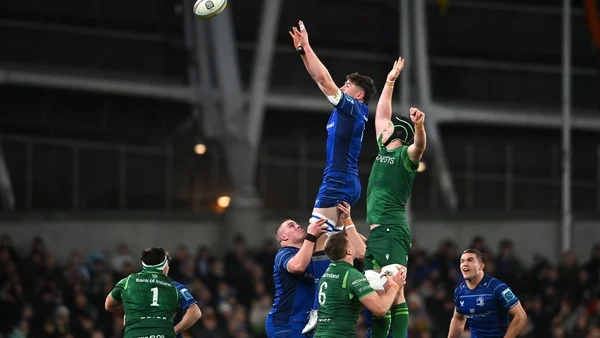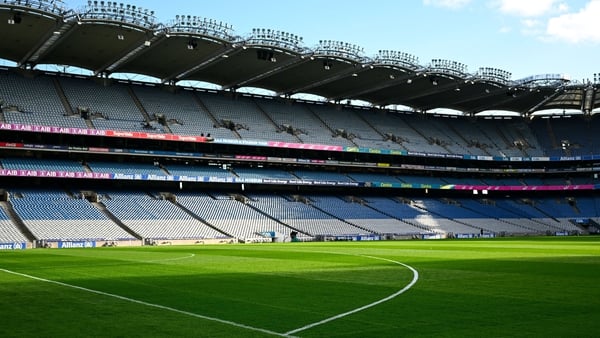A new calendar years brings with it new trial laws, four of which will be rolled out for the first time in top-tier northern hemisphere rugby in this weekend's Investec Champions and Challenge Cup games.
Designed to speed up the game, and reduce the amount of dead time on the clock, they have already been trialled in last year’s Rugby Championship, before being put forward for a global trial by the World Rugby Council in November.
To start with, there will now be greater protection given to scrum-halves at the ruck, maul and scrum. Defensive players who are part of rucks and mauls will no longer be able to reach through and grab the arm of a scrum-half as they attempt to play the ball.
Similarly, the defensive scrum-half at scrum time cannot advance any further than the mark of the tunnel, ensuring the attacking side can play cleanly if they retain possession. The sanction for each of those infringements will be a penalty
The 90-second shot-clock for conversions has now been reduced to 60 seconds, to match the time allocated for penalty kicks, the timing of which will be monitored by a countdown clock.
There will also be a time limit of 30 seconds for lineouts to be formed, matching the 30-second time limit for scrums formation. This, however, will be monitored by the referee rather than on a public clock, with a free-kick awarded for those who offend.
Perhaps the most interesting change is also around the lineout, where a crooked throw will only be called by the referee where the defending team contests the ball in the air.
We need your consent to load this comcast-player contentWe use comcast-player to manage extra content that can set cookies on your device and collect data about your activity. Please review their details and accept them to load the content.Manage Preferences
It presents a far greater incentive for teams to attack the opposition throw and put pressure on their setpiece.
"It is going to be interesting how religiously teams try get pods up to put pressure on the opposition hooker at source, but also to keep it [the throw] straight," he said.
"Also, will that open up space a bit further out for teams to attack?"
Jackman added that fewer and shorter stoppages could have an very interesting impact.
"I think they [World Rugby] want to get away from scrums as well, so there is some element to it to try create a bit more space outside, but they don't want to get stuck in the same area of the field," the former Ireland and Leinster hooker added.
"A not straight [throw] that’s penalised becomes a scrum and suddenly, if there’s a reset, you could be two and a half minutes in the same area. It’s all about keeping the thing moving.
"And to try get players fatigued. With fatigue comes space, so that’s the thought process behind it."




